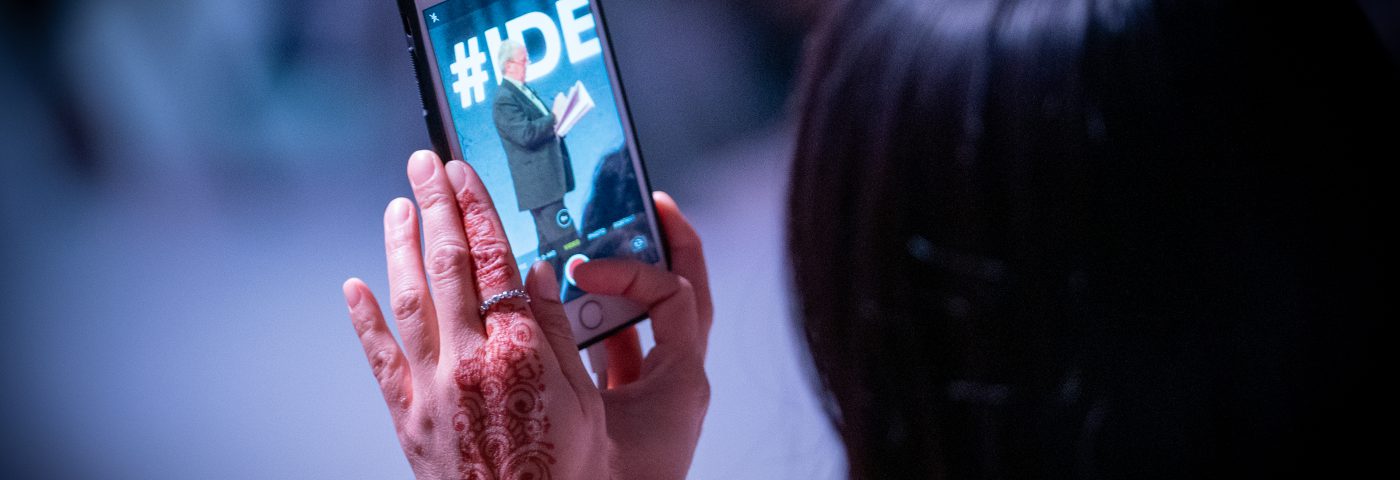Influencers’ lack of originality and authenticity on Instagram can contribute to both overtourism and unrealistic expectations, delegates heard at WTM London – the event where ideas arrive.
“Instagram does tend to create a kind of herding mentality and they [influencers] could do better,” said Robert Michael Poole, ‘digital nomad’ and CEO of Plus Alpha, speaking in a session on Illusion or Reality? Influencers and branded content.
But, he added, some were shying away from the well-worn travel clichés. “There’s a small niche of influencers trying to explore the truth of a country… not just the obvious photogenic spots.”
Staged pictures that give an unrealistic impression of what to expect as a tourist are also an issue, panellists pointed out.
Visit Britain’s head of global PR Emma Mead said she asks influencers to make it clear, for instance, that if they took a crowd-free shot of a Game of Thrones location in Ireland that they did so at 4am.
Poole pointed out there was an irony that people increasingly sought ‘authentic experiences,’ yet followed Instagrammers who pushed the opposite.
Meanwhile Jason Freeman, legal director of the UK’s Competition & Markets Authority said the body was cracking down on inauthentic and inaccurate social media posts, including un-flagged incentivised endorsements.
He warned that brands working with influencers were also responsible for the way in which they were being represented and should ensure that sponsored posts were tagged as such.
Audio platforms like smart speakers the Amazon Echo and Google Home are going to be the next big thing in influencer marketing, experts predicted at WTM.
Content Creation 2019-2025: What the next five years hold for influencers looked at the growth areas since 2014 and gave predictions for the future.
Lisa Binderberger, founder of Boom Creative Lab GmbH said that voice activated search was becoming much more important and it was her key prediction for 2025. “We think about photos, about videos and about podcasts but we should also be thinking audio snippets.”
Audio content for devices like Alexa and Google Home was also one of the growth areas noted when Traverse, which hosts the largest influencer event in the European travel industry, revealed the results of its recent survey of members of the sector.
Ben Ebbrell co-founder of food and travel platform SORTEDFood similarly predicted that voice search on smart TVs would see a big increase as a marketing tool.
In terms of the way that influencers work, Binderberger predicted: “Influencer marketing has to move in house. I have an agency but we’re not here to do your social media, we’re here for inspiration, to talk through the strategy through you.”
Traverse found that blogs and Instagram had grown as the favoured platforms over the last five years with Pinterest increasingly rising. For the future, Tik Tok was expected to have a greater share.
There were indications too of influencers becoming more professional. In 2019
less than half of influencers surveyed by Traverse had never been asked to sign a contract, down from 70% in 2014. Likewise, in 2019 70% said they now always disclosed sponsored content against 30% in 2014.
These sessions provided all those attending with tangible takeaways from which to develop their own businesses to reflect the future of travel.


